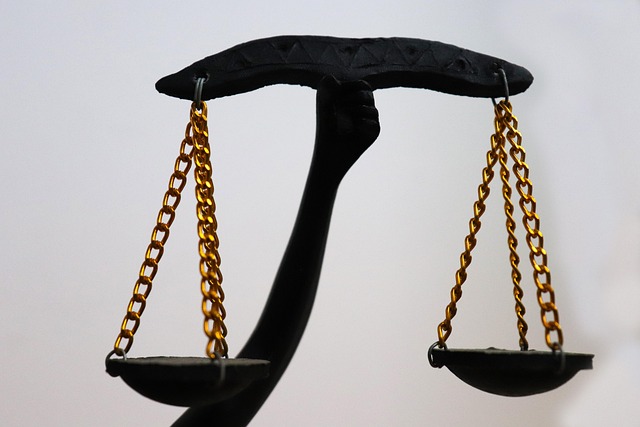Prosecutorial misconduct and ethical violations pose significant threats to justice and market integrity. Biases, inconsistencies in evidence handling, and unfair charging decisions undermine the legal system's credibility. Similarly, financial institutions face challenges with accounting fraud and insider trading, leading to investor losses and legal repercussions. Combating these issues requires multi-faceted strategies: robust internal controls, compliance programs, regulatory oversight reforms, and transparent practices to ensure fair treatment, deter fraud, and restore public trust.
In the intricate world of finance, fraudulent practices can leave profound economic and social impacts. This article delves into the insidious faces of prosecutorial misconduct and ethical violations within financial institutions. By examining patterns of prosecutorial misconduct, we uncover red flags that signal ethical failures. We explore how these violations erode public trust and propose consequences and reforms to foster accountability, ensuring a more transparent and fair financial landscape.
- Recognizing Patterns of Prosecutorial Misconduct
- Ethical Violations in Financial Institutions
- Consequences and Reforms: A Call for Accountability
Recognizing Patterns of Prosecutorial Misconduct
Recognizing patterns of prosecutorial misconduct is a critical step in addressing ethical violations within the legal system. Prosecutors, despite their crucial role in upholding justice, are not immune to biases or unethical behaviors. In high-stakes cases, where the stakes are high and jury trials can determine life-altering outcomes, it becomes even more essential to scrutinize their actions. The first sign of potential misconduct may be inconsistencies in charging decisions, selective disclosure of evidence, or failure to uphold the burden of proof, which could lead to unfair judgments.
Examining the process through which prosecutors handle evidence, interact with defendants, and present cases to juries can reveal patterns that indicate a lack of integrity. Achieving extraordinary results, whether in terms of convictions or acquittals, does not excuse ethical violations. Rather, it underscores the need for transparency and accountability in the prosecution process, ensuring that justice is served without compromise.
Ethical Violations in Financial Institutions
Financial institutions, despite their critical role in the economy, are not immune to unethical practices and misconduct. Ethical violations can take many forms, from accounting fraud to insider trading, and often involve complex schemes designed to deceive investors and regulators alike. These actions not only undermine public trust but also have severe economic consequences. Prosecutorial misconduct, while a separate concern, can exacerbate the issue by introducing unfair biases during legal proceedings aimed at holding wrongdoers accountable.
Addressing these challenges requires a multifaceted approach. Effective internal controls, robust compliance programs, and increased transparency are essential tools in preventing fraudulent financial practices. Additionally, a well-prepared general criminal defense or white-collar defense strategy can help individuals navigate complex legal scenarios arising from such allegations, focusing on avoiding indictment while ensuring fair treatment throughout the process.
Consequences and Reforms: A Call for Accountability
The consequences of fraudulent financial practices are severe and far-reaching. When individuals or organizations engage in prosecutorial misconduct and ethical violations, they not only undermine the integrity of the financial sector but also erode public trust. The impact extends to investors who suffer significant losses, often leading to a loss of confidence in markets and institutions. These practices can result in prolonged legal battles, hefty fines, and even prison sentences for those found guilty.
Reforms are essential to prevent and address such misconduct. Enhancing regulatory oversight, implementing stricter compliance standards, and promoting transparency are key strategies. By holding individuals and entities accountable, we can achieve extraordinary results, such as the complete dismissal of all charges in cases where fraud is effectively deterred and prosecuted. An unprecedented track record of success in combating fraudulent activities can be attained through these comprehensive reforms, ensuring a more stable and trustworthy financial landscape.
In light of the above discussions on recognizing patterns of prosecutorial misconduct and ethical violations within financial institutions, it’s clear that both practices pose significant risks to integrity and accountability. By understanding these issues, we can foster reforms that enhance transparency and deter future fraudulent financial practices. Addressing prosecutorial misconduct and ethical violations is crucial for maintaining public trust in the financial sector and ensuring a fair, just, and sustainable economic landscape.






